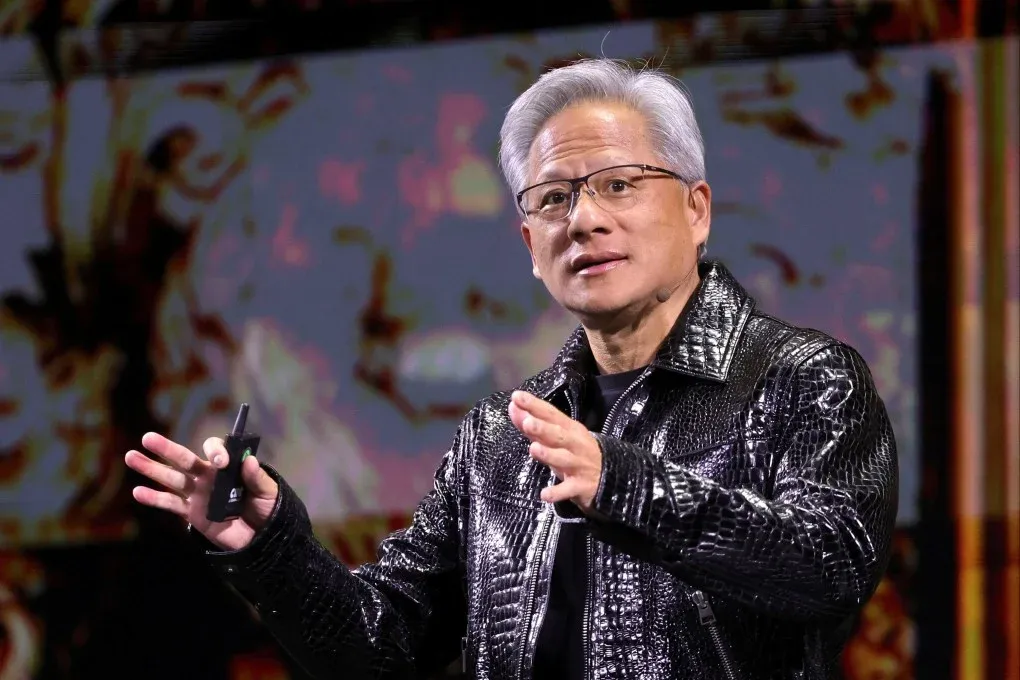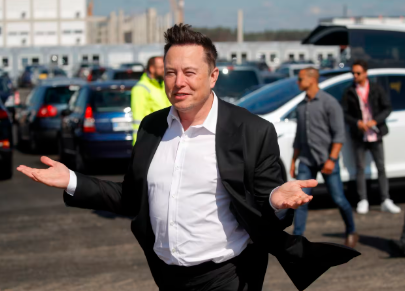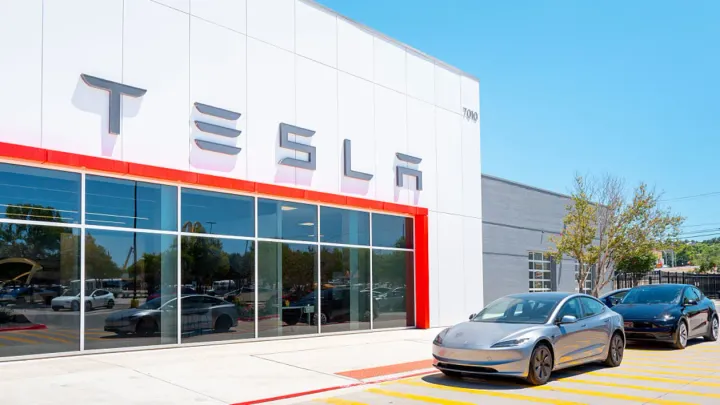Nvidia CEO Warns: If U.S. Exits China, Huawei Will Fill the Technology Gap
Nvidia CEO Jensen Huang warns U.S. could lose tech edge to Huawei if current China export restrictions persist, highlighting risks in the escalating U.S.-China chip rivalry.

Jensen Huang cautions that U.S. restrictions on China could backfire, allowing Huawei to dominate the world’s second-largest tech market.
Nvidia CEO Jensen Huang has issued a stark warning about the risks posed to U.S. semiconductor dominance amid ongoing export restrictions targeting China. Speaking during a recent event, Huang emphasized that if American companies are blocked from competing in China, local tech giants like Huawei are poised to fill the gap with homegrown alternatives.
Nvidia CEO Raises Alarm Over U.S. Tech Export Restrictions
The head of Nvidia, the world’s leading designer of advanced graphics and artificial intelligence (AI) chips, directly addressed policymakers in Washington, D.C., urging them to rethink current export controls targeting China. Huang’s statement comes as the Biden administration considers further tightening rules that bar U.S. companies from selling high-performance semiconductors and AI-related products to Chinese firms, including Huawei.
“If you deny China the ability to buy from the United States, it doesn’t mean China is going to just stop developing technology,” Huang warned, speaking at the Computex Taipei 2025 conference. “If U.S. technology companies aren’t part of China, guess what—you’re leaving a huge vacuum. And Huawei is going to fill it.”
Rising Stakes in the U.S.-China Tech Rivalry
American policymakers have framed the export restrictions as a necessary safeguard against potential military and surveillance uses of advanced U.S. technology by Chinese entities. However, industry leaders like Huang warn that strict bans are inadvertently accelerating China’s own push for tech self-sufficiency.
Huawei’s Swift Rise and China’s AI Independence
Since U.S. sanctions began in 2019, Huawei has rapidly scaled its semiconductor R&D, replacing Western suppliers with indigenous innovation. The company debuted its own AI accelerator chips, the Ascend series, and recently won major contracts within China’s cloud and data center industries. In late 2024, Huawei unveiled its most advanced GPU equivalents, narrowing the gap with Nvidia’s offerings.
According to a recent report from the Semiconductor Industry Association (SIA), Chinese chip makers, including Huawei, increased R&D spending by 17% in 2024 alone, while imports of U.S. chips declined by over 25%. “There are clear signs the technology gap is closing,” said SIA President John Neuffer in a May 2025 statement.
Industry Reactions and Calls for a Policy Rebalance
Many in the tech sector echo Huang’s concerns, arguing that excessive restrictions are turning the world’s largest market into a black hole—one where U.S. companies are excluded, and Chinese competitors flourish with government support.
“Decoupling is not possible without significant costs,” said Chris Miller, author of ‘Chip War’ and a semiconductor policy expert at Tufts University. “The reality is, China accounts for about a third of global chip demand, and losing access cedes ground to domestic champions like Huawei.”
Notably, Nvidia’s data center and AI segment saw over $5 billion in annual revenue from China before the restrictions, according to company filings. Newer U.S. rules could chip that figure down drastically in 2025.
The White House Stands Firm
Despite industry pushback, U.S. national security officials argue that export controls remain essential. “We cannot allow sensitive AI chips to empower China’s surveillance state or military advances,” said a White House official who spoke on background. “National security must come before profit.”
What’s at Stake for Nvidia and U.S. Tech Firms
With Chinese companies, led by Huawei, investing billions in R&D and backed by strong state support, market watchers say U.S. chipmakers risk being sidelined in a market that generates substantial revenue for future innovation. Losing access to China could also impact global supply chains and slow AI progress.
Huang remains optimistic about AI’s global potential, but he stressed the need for America to lead responsibly—a position that requires active participation rather than isolation.
“Collaboration is good for everyone. If we are outside looking in, we lose not just revenue, but also influence over standards and innovation,” Huang said.
Navigating a Changing Global Tech Landscape
As the U.S.-China technology rivalry intensifies, Nvidia’s CEO has joined a growing chorus of industry leaders warning against the risks of ceding ground in the world’s most dynamic tech market. The debate over balancing national security with economic competitiveness is far from settled, and the consequences will shape the future trajectory of AI and semiconductor innovation worldwide.
Sources Used
CNBC: Nvidia CEO warns US on China tech controls
Semiconductor Industry Association (2025 R&D spending data)
Tufts University’s Chris Miller (public commentary & Chip War)
U.S. government statements (White House briefings, background interviews)



